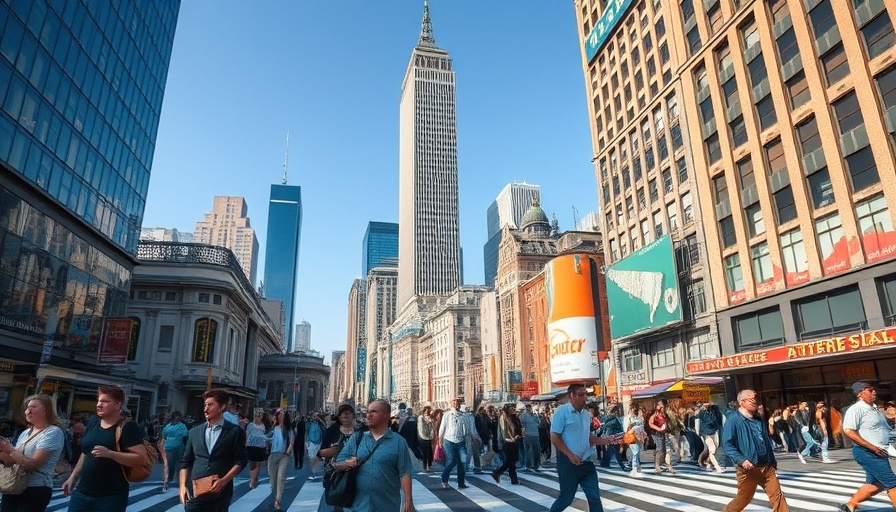
Rethinking Our Relationship with Cars
The rising costs of car ownership have forced many to reconsider their reliance on vehicles. With new cars averagely priced at nearly $49,000 and used cars not far behind, car ownership has become a significant financial strain for many American families. According to a recent survey, almost half of Americans feel that these costs impede their path to financial stability. As cities evolve and transportation systems expand, many are exploring how to live car-free, unveiling a socio-economic divide that impacts various communities.
Top Cities for a Car-Free Lifestyle
The opportunity to thrive without a car exists in several U.S. cities, each boasting strong public transportation systems, walkable neighborhoods, and bike-friendly infrastructure. Based on their “Car-Free Score,” here are the top contenders:
1. Cambridge, MA
Car-Free Score: 84.6 | Walk Score: 90 | Bike Score: 96
Rich in educational institutions like Harvard University and MIT, Cambridge is the leading city for car-free living in the U.S. Its design promotes walking with essential amenities available within vibrant neighborhoods. Furthermore, Cambridge excels in bike infrastructure with protected lanes on major thoroughfares and numerous bike-sharing stations. With accessible public transit connecting to Greater Boston, residents find it easy to navigate without a vehicle.
2. New York, NY
Car-Free Score: 81.5 | Walk Score: 88 | Bike Score: 69
New York City offers a dense urban experience where relying on cars is unnecessary. With reliable public transportation, broad walkable areas, and a growing network of bike lanes, the city facilitates a seamless car-free lifestyle. Less than half of residents own cars due to the effectiveness of public transport and the high costs associated with vehicle ownership in the bustling metropolis.
3. San Francisco, CA
Car-Free Score: 78.1 | Walk Score: 85 | Bike Score: 66
Known for its picturesque scenery and hilly terrain, San Francisco still ranks as one of the best cities for walking and biking. The city's public transportation is anchored by the iconic cable cars and BART system, making it convenient to travel within the city and beyond.
The Benefits of Car-Free Living
Choosing to live without a car can lead to significant financial savings. Both direct expenses, such as parking and maintenance, and indirect costs like insurance can add up quickly. Moreover, car-free living often correlates with healthier lifestyles, as it encourages walking and cycling, contributing to reduced stress levels and improved well-being.
The Social Implications
The ability to determine one's mobility shouldn't be constrained by financial means or socio-economic background. Car-free living not only enhances urban life quality but also promotes social equity. Certain communities, particularly those stable in wealth, depend more heavily on personal vehicles, creating a disparity in access to vital resources such as employment and education.
Future Trends in Urban Living
As cities work to improve public infrastructure, urban planners aim to embrace sustainable transportation methods, further encouraging residents to minimize car dependency. With a deeper understanding of how community design affects lifestyle choices, getting around without a car may soon become a standard consideration in future developments.
Take Action: Get Involved in Your Community
Engage with local urban planning initiatives, participate in public transport discussions, or advocate for walkable neighborhoods in your city. Communities thrive when residents take an interest in their transportation options and contribute to making cities more accessible for everyone.
 Add Row
Add Row  Add
Add 



Write A Comment